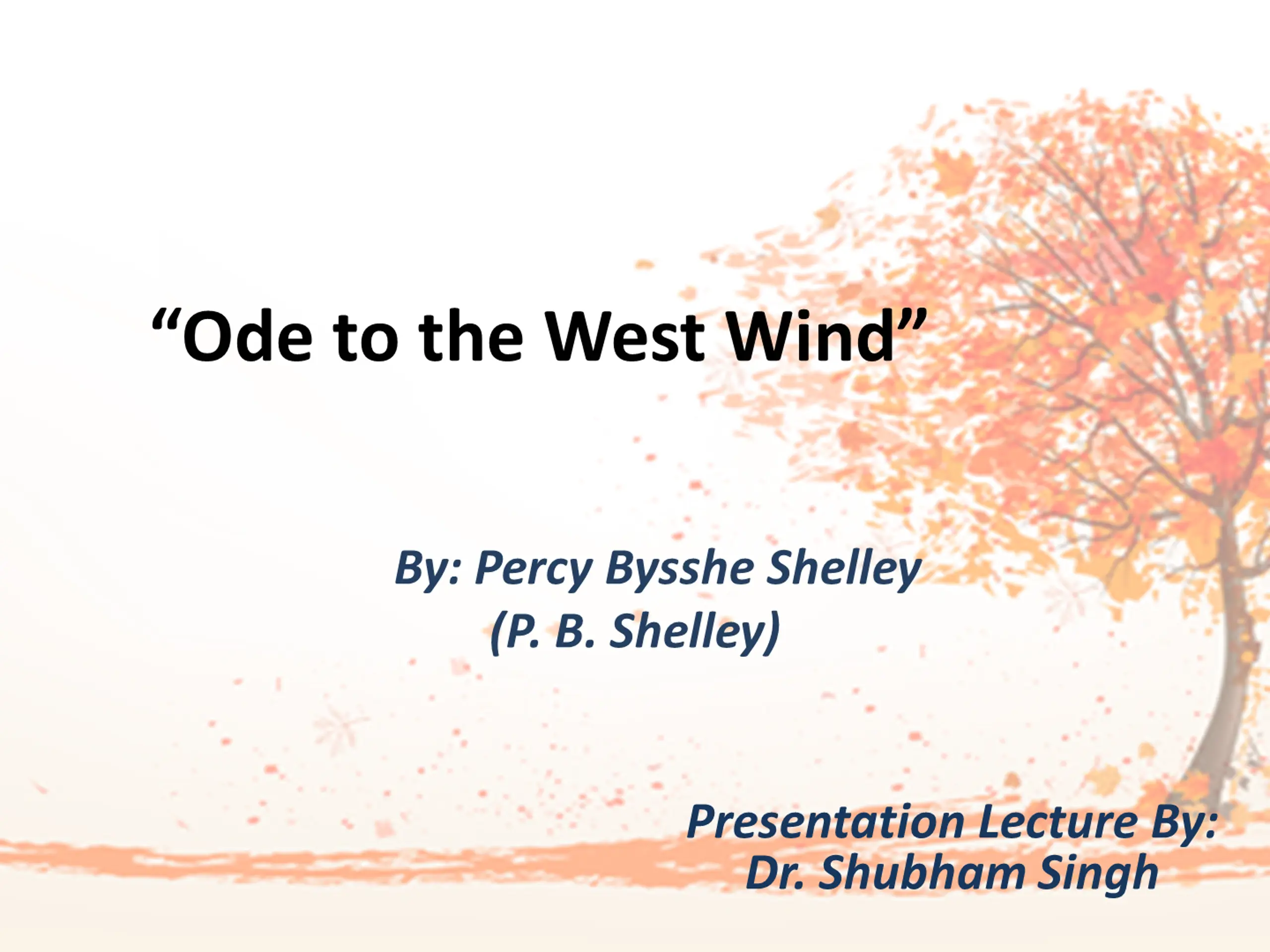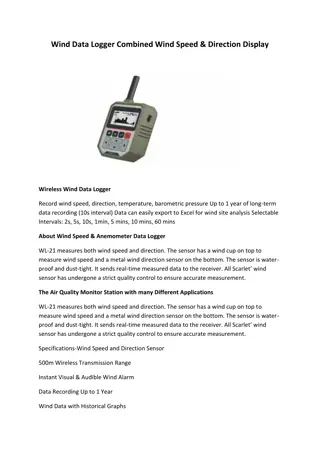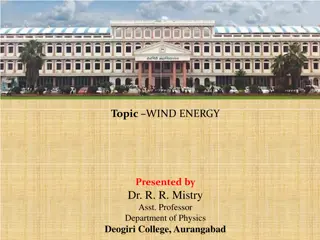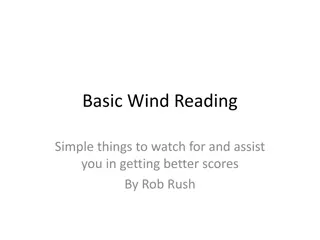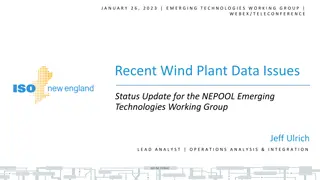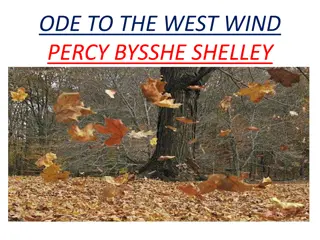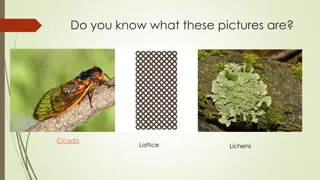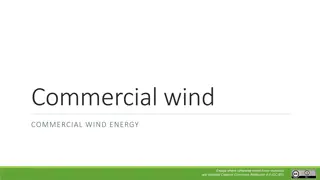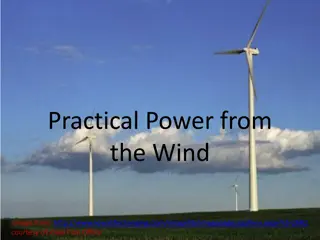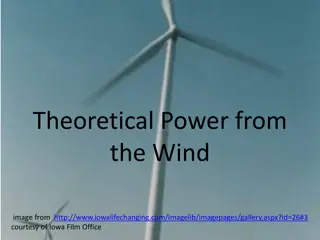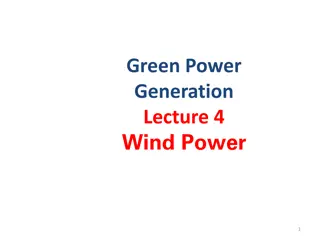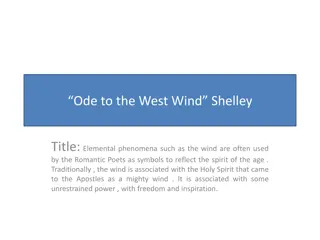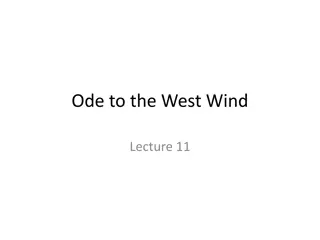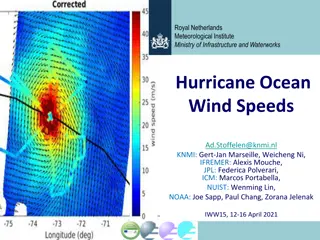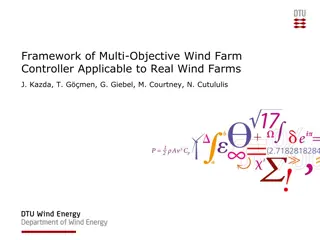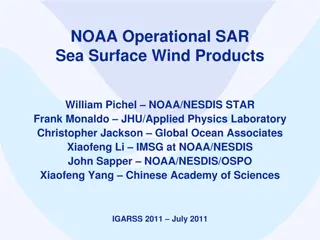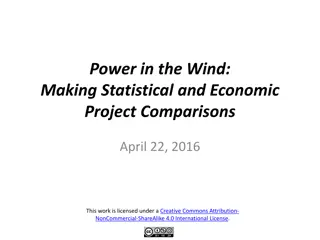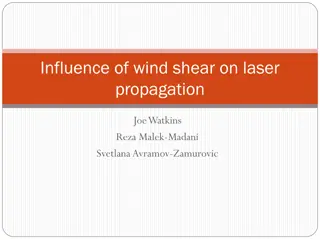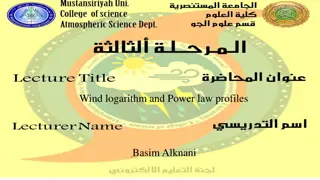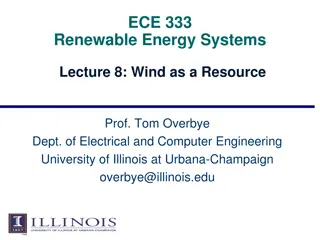Ode to the West Wind
Explore Percy Bysshe Shelley's iconic poem, "Ode to the West Wind," and delve into its allegorical message of reform and the poet as a catalyst for revolution. Discover the impact of the wild west wind on nature and the speaker's plea to be lifted and carried along with it. This presentation lecture by Dr. Shubham Singh provides an in-depth analysis of the poem's themes and poetic techniques.
Download Presentation

Please find below an Image/Link to download the presentation.
The content on the website is provided AS IS for your information and personal use only. It may not be sold, licensed, or shared on other websites without obtaining consent from the author.If you encounter any issues during the download, it is possible that the publisher has removed the file from their server.
You are allowed to download the files provided on this website for personal or commercial use, subject to the condition that they are used lawfully. All files are the property of their respective owners.
The content on the website is provided AS IS for your information and personal use only. It may not be sold, licensed, or shared on other websites without obtaining consent from the author.
E N D
Presentation Transcript
Ode to the West Wind By: Percy Bysshe Shelley (P. B. Shelley) Presentation Lecture By: Dr. Shubham Singh
Background to the Poem "Ode to the West Wind" is an ode, written by Percy Bysshe Shelley in 1819. The poem gives the message of reform and change and allegorises the role of the poet as the voice of change and revolution. The poem consists of five sections (cantos) written in terza rima. Terza rima is a form of verse used in Italian poetry which consists of stanzas of three lines called tercets. The first and the third line of each tercet rhymes whereas the second line rhymes with the first and the third lines of the next tercet and so on. The poem finally ends with the last line rhyming with the second line of the last stanza.
Background to the Poem The Ode is written in iambic pentameter. The speaker in the poem directly addresses the west wind of autumn season, which scatters the dead leaves of the season and spreads seeds in a wide region so that they may grow up in spring season. The first three sections of the poem show the impact of the wild west wind upon earth, air, and ocean. The last two sections show the speaker directly speaking to the west wind asking it to lift him up and take him along with it. The poem ends on a note of optimism stating the fact that if winter season has come, spring season must not be far behind.
Canto 1 O wild West Wind, thou breath of Autumn's being, Thou, from whose unseen presence the leaves dead Are driven, like ghosts from an enchanter fleeing, Yellow, and black, and pale, and hectic red, Pestilence-stricken multitudes: O thou, Who chariotest to their dark wintry bed The winged seeds, where they lie cold and low, Each like a corpse within its grave, until Thine azure sister of the Spring shall blow Her clarion o'er the dreaming earth, and fill (Driving sweet buds like flocks to feed in air) With living hues and odours plain and hill: Wild Spirit, which art moving everywhere; Destroyer and preserver; hear, oh hear!
Analysis In the first stanza, the speaker refers directly to the west wind as if it is a person or a deity. He personifies the wind calling it the breath of Autumn s being . The wind is like an unseen presence that drives ghosts away. He talks of the dead leaves which are yellow and black and pale red in colour. The wind carries them along with the seeds that will lead to regeneration when Spring shall come. The wild west wind brings new colours and odours through its driving of seeds along a wide region which hints at new life. Finally, the speaker refers to the wind as both Destroyer and Preserver. This is so because it destroys signs of old life like the dead leaves and scatters new seeds and preserves them till the coming of spring.
Canto 2 Thou on whose stream, mid the steep sky's commotion, Loose clouds like earth's decaying leaves are shed, Shook from the tangled boughs of Heaven and Ocean, Angels of rain and lightning: there are spread On the blue surface of thine a ry surge, Like the bright hair uplifted from the head Of some fierce Maenad, even from the dim verge Of the horizon to the zenith's height, The locks of the approaching storm. Thou dirge Of the dying year, to which this closing night Will be the dome of a vast sepulchre, Vaulted with all thy congregated might Of vapours, from whose solid atmosphere Black rain, and fire, and hail will burst: oh hear!
Analysis Expressing the wind s might and power the speaker then says that the west wind sheds clouds loose as it does the dead leaves on earth after it shakes the clouds free of the sky and the oceans. These clouds have both water and lightning and in the sky, when the wind blows, the lightning appears as if a bright shaft of hair from the head of a M nad. In ancient Greece, Maenads were followers of the wine god Dionysus. Their long hair were loose and flowing, symbolizing their wildly passionate nature. The poet claims the wild west wind to be a funeral song of the ending year and says that the night will be a like dome of huge tomb that will be surrounded by the powerful presence of the wind. Then the image assumes an even more wild form when the speaker claims that from that dome, black rain, fire and hailstorm will burst. So with this violent image, he urges the wind to keep hearing him.
Canto 3 Thou who didst waken from his summer dreams The blue Mediterranean, where he lay, Lull'd by the coil of his crystallinestreams, Beside a pumice isle in Baiae's bay, And saw in sleep old palaces and towers Quivering within the wave's intenser day, All overgrown with azure moss and flowers So sweet, the sense faints picturing them! Thou For whose path the Atlantic's level powers Cleave themselves into chasms, while far below The sea-blooms and the oozy woods which wear The sapless foliage of the ocean, know Thy voice, and suddenly grow gray with fear, And tremble and despoil themselves: oh hear!
Analysis The speaker says that the wild west wind awakened the Mediterranean ocean from its state of stillness where it lied sleeping, watching palaces and towers collapse into the sea and overgrown with azure moss and flowers. He also claims that it is to allow the west wind to pass without hurdle that the Atlantic ocean itself divides into deep chasms and at the bottom of the ocean the small plants and foliage tremble with fear at the arrival of the west wind. This stanza again celebrates the might of the wild west wind.
Canto 4 If I were a dead leaf thou mightest bear; If I were a swift cloud to fly with thee; A wave to pant beneath thy power, and share The impulse of thy strength, only less free Than thou, O uncontrollable! If even I were as in my boyhood, and could be The comrade of thy wanderings over Heaven, As then, when to outstrip thy skiey speed Scarce seem'd a vision; I would ne'er have striven As thus with thee in prayer in my sore need. Oh, lift me as a wave, a leaf, a cloud! I fall upon the thorns of life! I bleed! A heavy weight of hours has chain'd and bow'd One too like thee: tameless, and swift, and proud.
Analysis The speaker now directly talks to the west wind about himself. He says that if he were like a leaf, or a cloud or even a wave, he could move along with the flow of the wind. He also says that if he had that strength as he did in his childhood when to run with the mighty speed of the wind hardly seemed impossible to him then he could accompany the wind, wherever it flows. But, because he does not have that strength now as he had as a little boy, he pleads the west wind to lift him along with its mighty force as it lifts a leaf, a cloud and take him along as his troubles on earth are too exhausting for him and prick him as thorns. He says that he was also powerful and tameless and proud of his strength as the west wind but time has weakened him and bowed him down.
Canto 5 Make me thy lyre, even as the forest is: What if my leaves are falling like its own! The tumult of thy mighty harmonies Will take from both a deep, autumnal tone, Sweet though in sadness. Be thou, Spirit fierce, My spirit! Be thou me, impetuous one! Drive my dead thoughts over the universe Like wither'd leaves to quicken a new birth! And, by the incantation of this verse, Scatter, as from an unextinguish'd hearth Ashes and sparks, my words among mankind! Be through my lips to unawaken'd earth The trumpet of a prophecy! O Wind, If Winter comes, can Spring be far behind?
Analysis In the final canto, the speaker asks the wind to turn him into a musical instrument called a lyre as its force turns the forests into a musical instrument. If the wind plays him like an instrument, there will be a deep, sweet and sad melody heard, just as the one heard by the rustling leaves of the trees in the forest. He then finally asks the wind to be his spirit and finally become him and take his thoughts and spread them all over the world as it scatters the seeds so that birth of new ideas can take place. He asks the wind to spread his words around as if they were ashes from a burning fire. So the poet actually wishes the wind to spread his philosophical ideas and his poetry around the world as if they are prophecies of the future. The poem ends with the optimistic belief that though winter is coming and all will be dull and lifeless soon, but after that spring will follow. In other words, death and decay are only temporary and regeneration of something fresh in nature and life is always around the corner. You just have to be a little patient and hopeful. The material used in this presentation is self made with courtesy to poetryfoundation.org
